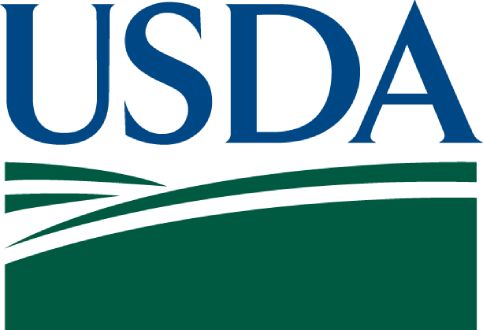Evaluation of Demonstration Projects to End Childhood Hunger (EDECH): The Chickasaw Nation Packed Promise Project
Ending Childhood Hunger: Evaluation of Demonstration Projects
Prepared for:
U.S. Department of Agriculture, Food and Nutrition Service

The 2010 Child Nutrition reauthorization called for the development of innovative strategies to “reduce the risk of childhood hunger or provide a significant improvement to the food security status of households with children,” and an independent evaluation of the effectiveness of these strategies using rigorous experimental designs and methodologies to produce scientifically valid evidence of project impacts on food security. USDA awarded a $9.7 million grant to the Chickasaw Nation Nutrition Services (CNNS), which implemented the 25-month Packed Promise project from February 2016 through February 2018. The target population was households with school-age children (both Native American and non-Native American) who were eligible for free school meals or attended a school that participated in the Community Eligibility Provision (CEP), in which all school children receive free school meals. The project was implemented in 40 school districts (115 schools) in 12 counties within the Chickasaw Nation territory in Oklahoma.
The primary goals of Packed Promise were to reduce childhood food insecurity and hunger, increase families’ consumption of nutritious foods, increase the diversity of foods in the home, and ultimately improve diet quality and well-being among children. To fulfill these goals, households could order one food box per eligible child to be shipped to their home each month. Each food box contained shelf-stable foods, including 6 protein-rich items, 2 dairy items, 4 grain foods, 4 cans of fruit, and 12 cans of vegetables. It also contained a $15 Fresh Check for purchasing fresh or frozen fruits and vegetables.
This evaluation, conducted by Mathematica, used a rigorous randomized controlled trial design to estimate Packed Promise’s impact on the primary study outcome―food insecurity among children―and other outcomes, including food security among adults and the household as a whole, children’s diet quality, food spending, and participation in nutrition assistance programs.
How do you apply evidence?
Take our quick four-question survey to help us curate evidence and insights that serve you.
Take our survey
